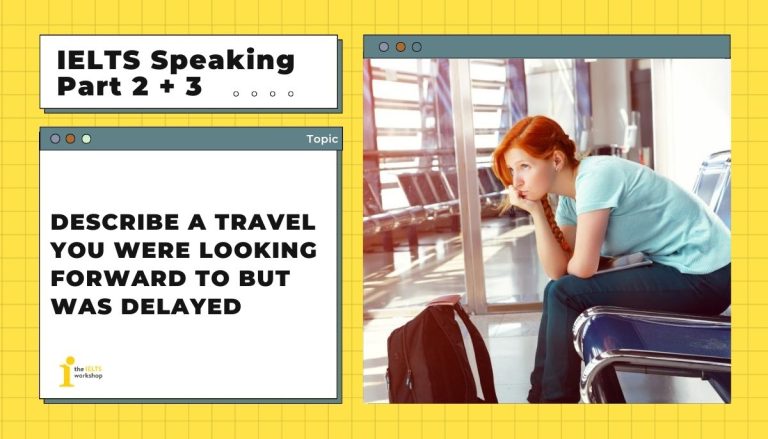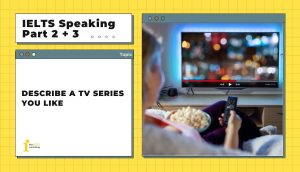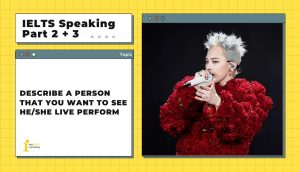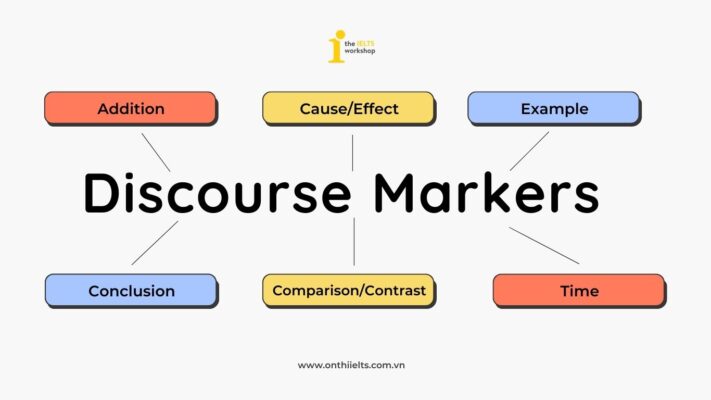Đến với chuyên mục giải đề kỳ này, cô Ngọc Hà và thầy Triệu Thành của The IELTS Workshop sẽ hướng dẫn bạn trả lời topic “Describe a travel you were looking forward to but was delayed” trong IELTS Speaking Part 2. Cùng tham khảo sample, từ vựng và một vài cách diễn đạt ghi điểm trong phần thi IELTS Speaking nhé.
Part 2: Describe a travel you were looking forward to but was delayed
Describe a travel you were looking forward to but was delayed
You should say:
Where you planned to travel to
Why you were looking forward to it
Why it had to be delayed
And explain how you felt about the experience
Dưới đây là bài mẫu cho topic “Describe a travel you were looking forward to but was delayed“.
1. Bài mẫu (Sample)
Sample 1:
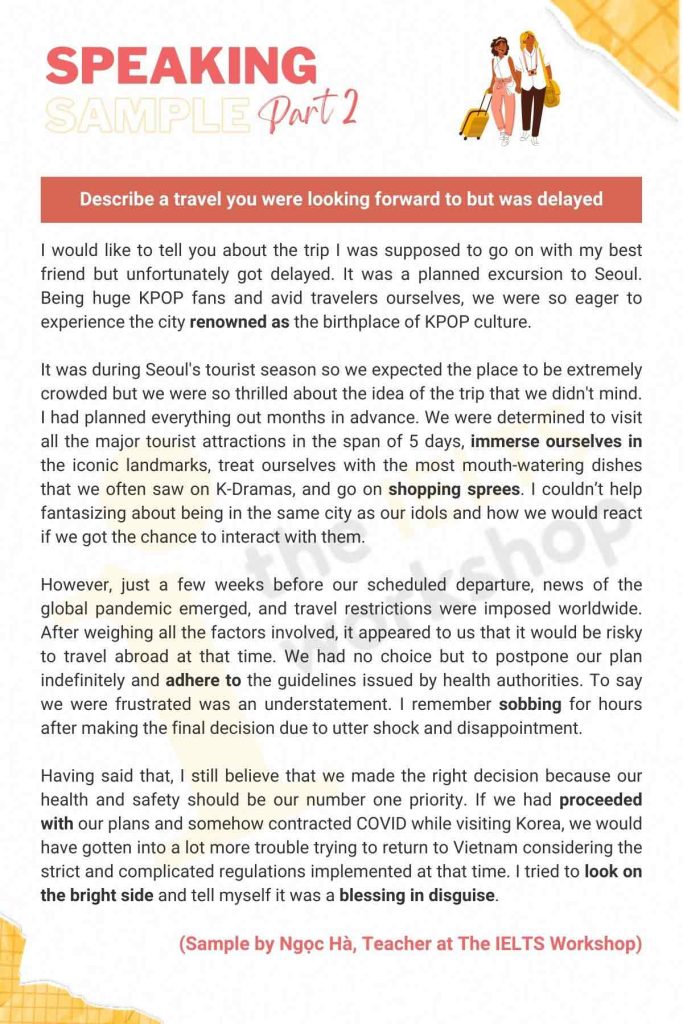
Sample 2:
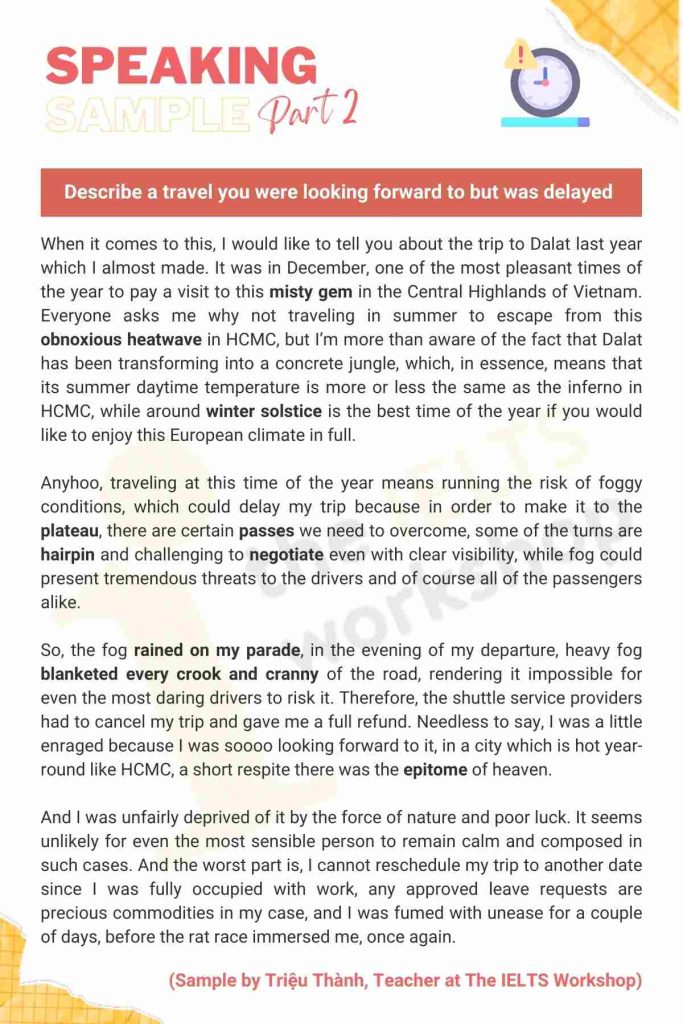
2. Từ vựng (Vocabulary)
Sample 1:
- renowned as = be famous for: nổi tiếng như
- immerse ourselves in: đắm mình vào trong điều gì
- adhere to: tuân thủ
- to sob: Khóc nức nở
- shopping sprees: mua sắm thả ga
- proceeded with: tiến hành với
- look on the bright side: Nhìn vào mặt tích cực
- a blessing in disguise: Điều may mắn nguỵ trang trong chuyện xui rủi
Sample 2:
- misty gem: hòn ngọc mù sương
- obnoxious heatwave: nắng nóng không chịu nổi
- winter solstice: đông chí
- plateau: sơn nguyên
- passes: đèo
- hairpin: cua gắt/ cua tay áo
- negotiate: vượt qua
- rained on my parade: phá bĩnh
- blanketed every crook and cranny: bao phủ mọi ngóc ngách
- epitome: hiện thân
Part 3
What are the main means of transport in your country?
What can the government do to improve transport in your country?
Do you think travelling was better in the past than it is now?
Do you think that tourist attractions help people learn about new cultures?
What difficulties do people often face when travelling?
Do you think technology makes travelling more difficult?
1. What are the main means of transport in your country?
Sample 1: As far as I’m concerned, motorbikes are one of the most widely used modes of transport in Vietnam. Their popularity can be attributed to their affordability, convenience, and ability to navigate through traffic congestion. Buses are also very popular in metropolises like Hanoi and Ho Chi Minh city. Students and old people particularly enjoy this way of commuting as bus fares are generally affordable.
Sample 2: The most common forms of transportation in Vietnam are motorbikes and scooters, which are used widely for daily commutes and transport of goods due to their affordability, flexibility, and ability to navigate narrow streets and heavy traffic. They are maneuverable and compact, which means they can make their way into small alleys to escape from the roaring heavy traffic; and most houses are relatively small, which makes motorbikes a suitable option compared with a car
2. What can the government do to improve transport in your country?
Sample 1: The government can allocate funds for the improvement of public transort infrastructure in Vietnam. This can be achieved by installing modern technologies such as wifi and TV on buses, trains, elevated railways, or introducing more accessible stations. Such investment would significantly enhance customer experience, thus encouraging more citizens to use mass transit for commuting and ultimately reduce traffic congestion.
- Mass transit: hệ thống giao thông công cộng
- Traffic congestion: Tắc nghẽn giao thông
Sample 2: I believe the government should enhance the efficiency, coverage, and attractiveness of public transportation to encourage people to shift from personal vehicles to buses, trains, and subways. This includes expanding service hours, increasing frequency, and ensuring cleanliness and safety. The reduction of personal vehicles on the road could mean fewer cars or motorbikes on the road, leading to less congestion.
3. Do you think traveling was better in the past than it is now?
Sample 1: I think the experience varies from person to person but I enjoy the old-fashioned ways of traveling. Back then, when tourist spots are not as commercialized, people didn’t have to deal with crowds, environmental degradation and restrictions. Also, the trips were more spontaneous and personalized as people are more willing to visit lesser-known places. Their decisions were not affected by a plethora of online reviews, advertisements or travel agencies.
- Spontaneous: ngẫu hứng, tự phát
Sample 2: I hardly think so, of course roads used to be much less congested, but that was because the population density was not as high as it is today. The construction of more expressways (cao tốc) has enabled swift journeys between different regions. I remember that it used to take our family 10 hours just to reach the city of Nha Trang, which is 400 kilometers from HCMC, but access to motorways with no intersections has allowed us to travel there in under 6 hours nowadays. In sum, traveling experience today has been significantly improved.
4. Do you think that tourist attractions help people learn about new cultures?
Sample 1: Absolutely. In my opinion, traveling plays a significant role in enriching one’s cultural knowledge. People can sometimes hold certain stereotypes or even prejudices about certain places and are not willing to change their perceptions or educate themselves. When discovering new tourist spots, however, people tend to be more receptive as they have the opportunity to immerse themselves in the sceneries and have real-life interactions with the locals. For example, visitors of iconic landmarks are more eager to update themselves about the places’ history, values, and customs that have shaped the society over time. Such authentic experiences allows them to reflect on and create a strong bond with the destination.
- Stereotypes: khuôn mẫu, sự rập khuôn
- Prejudices: định kiến
- Receptive: dễ tiếp thu
Sample 2: I believe tourist attractions play a pivotal role in cultural education, offering visitors a tangible connection to the history, values, and traditions of new cultures. These attractions—ranging from historical sites and museums to festivals and local markets—serve as windows into the soul of a culture, providing insights that go beyond what can be learned through books or online. By exploring these places, tourists encounter the artifacts, art, architecture, and customs that form the foundation of a community’s way of life. This immersive experience fosters a deeper understanding and appreciation of the diversity and complexity of human societies.
5. What difficulties do people often face when traveling?
Sample 1: When traveling, especially to a foreign country, visitors may have a hard time adjusting themselves to unfamiliar settings, and this can result in an array of problems. Being oblivious to a country’s etiquette, a person can be unaware that their manners are unacceptable in another society and therefore unintentionally offend other people. For example, in Japan, there is a taboo on sticking chopsticks straight up in a bowl as it symbolizes an offering to dead people and this can be a new concept to Western tourists.
- Oblivious to: Không chú ý tới
- Etiquette: Phép lịch sự
Sample 2: Firstly, navigating the language barriers could be a great challenge, since it hinders basic interactions and complicates even essential tasks like asking for directions or understanding local customs. Misunderstanding cultural clues could prove offensive in some cases when you do not fully comprehend the underlying reasons for a particular act or rituals performed by the locals. Finances also prove a burden if you have a lot of travel intentions since airfare is costly in Vietnam due to lack of competition between airlines, which place the burden onto the passengers.
6. Do you think technology makes traveling more difficult?
Sample 1: In my opinion, it actually depends on how you make use of technology. Besides the obvious benefits of technology, it is a paradox that being presented with more options can make it more challenging for a person to make the decision. What i meant is sometimes travellers are overwhelmed by the abundance of information online. They can spend hours researching hotels, restaurants, and attractions, reading online reviews, yet they would still not be satisfied and wonder whether they have picked the best deal out there.
- Paradox: nghịch lý
Sample 2: While technology has undoubtedly made many aspects of travel easier and more convenient, it can also introduce new challenges that complicate the travel experience. Heavy reliance on GPS and digital maps can sometimes lead travelers astray, especially in areas with poor signal or outdated maps. This overdependence could lead travelers to lose their way easily, which could spell trouble in distant areas when no one is around to come to their aid.
Trên đây là bài mẫu cho topic: Describe a travel you were looking forward to but was delayed. Các bạn có thể tham khảo các bài mẫu IELTS Speaking khác của The IELTS Workshop để có thể nâng cao kỹ năng Speaking của mình.
Ngoài ra, tham khảo khoá học Senior của The IELTS Workshop để có thể tìm hiểu thêm nhiều chiến lược làm bài khác của Speaking nhé.


